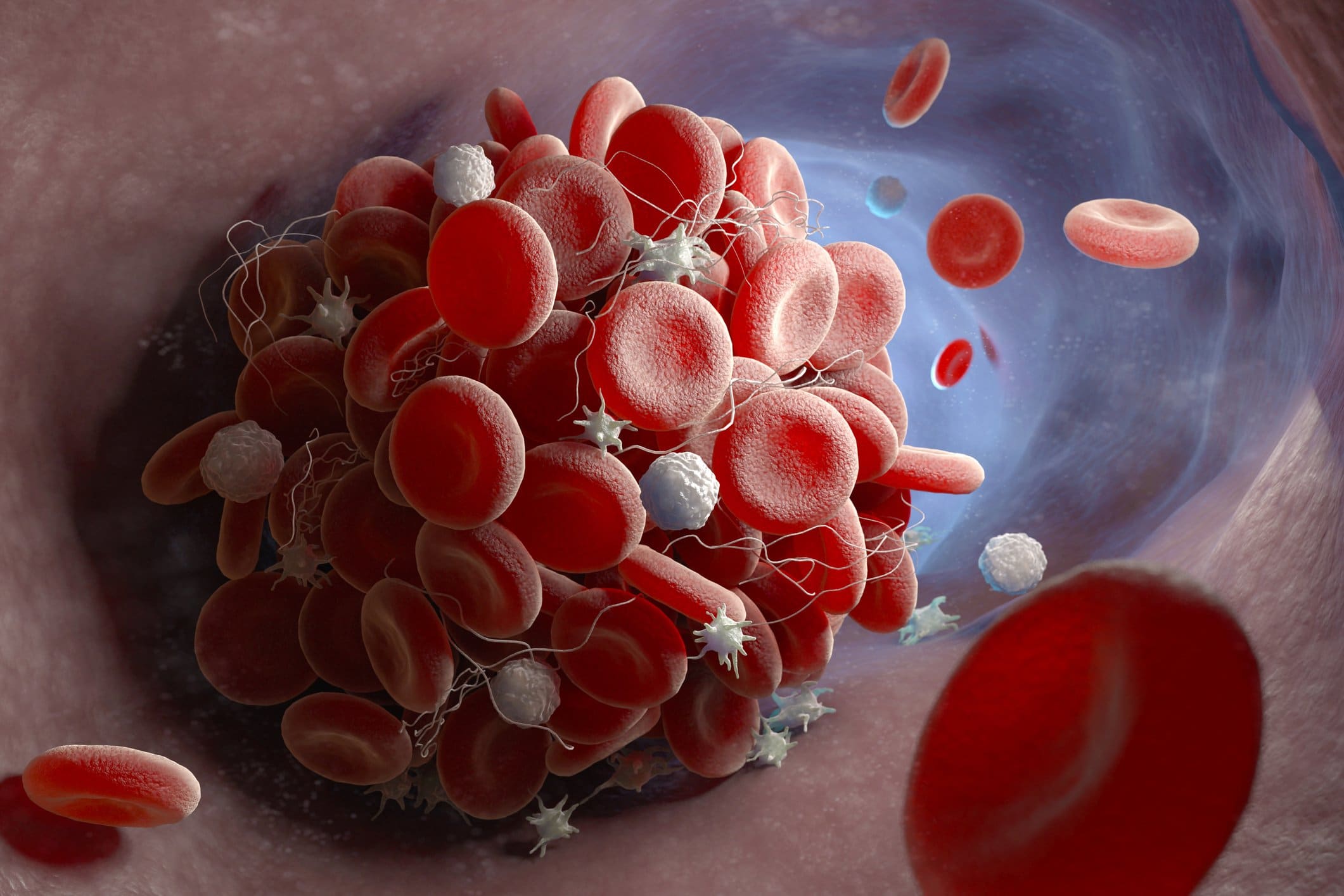The findings of a new analysis, which was conducted by a collaborative team of researchers from the Thomas Jefferson University and surgeons from NYU Langone Medical Center in New York, people who have tested positive for the coronavirus infection may also be at an increased risk of having a stroke.
In their observation of COVID-19 patients, the researchers stated that the strokes were much more different than the ones that occur usually in people. More specifically, it was noted that even younger people who had been diagnosed with the coronavirus infection were at a high risk of experiencing the event.
The senior author of the research and the Chief of the Division of Neurovascular Surgery and Endovascular Surgery in the Vickie & Jack Farber Institute for Neuroscience—Jefferson Health, Pascal Jabbour stated that the team was surprised to see patients having a stroke.
“We were seeing patients in their 30s, 40s, and 50s with massive strokes, the kind that we typically see in patients in their 70s and 80s,” Dr. Jabbour explained.
The findings of the study, which appear in the journal Neurosurgery, focus on the differences in strokes experienced by coronavirus patients and their differences from strokes that commonly occur in older adults over the age of seventy.
RELATED: Gun Gales Reach a Record High in the Past Three Months in the US
According to Dr. Jabbour and the team, the results of the research are preliminary but should be taken seriously as they may possibly highlight a much bigger concern.
The risk of stroke in patients who have tested positive for COVID-19 may not only be for people with underlying conditions but also for patients who are otherwise healthy. In addition, the risk may remain even if the patient does not display any symptoms of the coronavirus infection.
This means that people who may not even be aware of having COVID-19 can also have the formation of blood clots, which significantly raises the chances of having dangerous health events including stroke.
The team, led by the first author of the paper, Ahmad Sweid, reached this conclusion after observing fourteen people who had tested positive for the coronavirus infection.
All of the fourteen patients had been brought into Neurointerventional rooms after having a stroke. Six of the patients were female while the rest eight were male.
Nearly fifty percent of these patients were not even aware of having COVID-19 and the rest only started treatment after other symptoms of the infection started to appear along with the stroke.
The researchers found that many of the patients, in general, were avoiding seeking medical attention even after seeing early signs of having a stroke primarily due to the prevalent fear of contracting SARS-CoV-2.
The treatment and recovery time from stroke is very little which means that any delays in visiting a hospital can be proven fatal, which is why the mortality rate in coronavirus patients having a stroke is around 42.8 percent in comparison with the usual rate which is around five to ten percent.
Statistically, nearly seventy-five percent of all stroke cases in the US are in older adults who are over the age of seventy. However, in coronavirus patients, nearly half of the patients were under the age of fifty.
The overall risk of having a stroke in coronavirus patients was seen to be 31.5 percent. Lastly, the researchers noted that the people having the stroke had signs that were unusual before such as stroke in both veins, arteries of the brain as well as in both of the hemispheres.
The study provides an interesting insight into the functioning of the coronavirus. COVID-19, which was previously thought to be a disease that affects the lungs is increasingly being noted to cause blood clots and thrombosis.
The team states that not only do the findings warn health care workers of yet another risk associated with the coronavirus infection but also show that the understanding of the virus is still very little.


